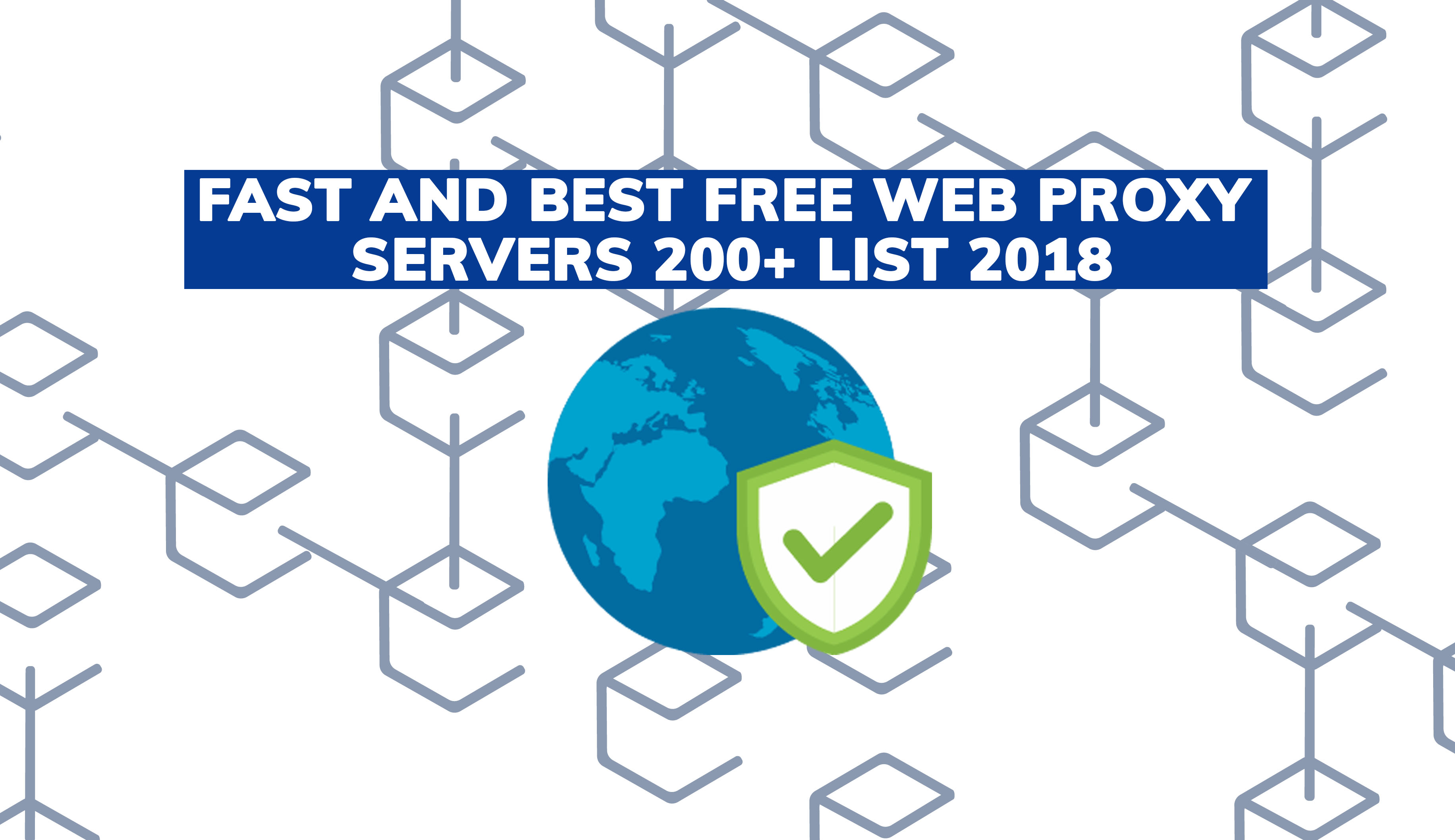In the current digital landscape, online privacy and security have become top priorities for many internet users. As we navigate an increasingly connected world, the need to secure our private information and ensure online anonymity is at an all-time high. One effective solution for addressing these challenges is the use of proxy servers. But what exactly are a proxy server, and how does it work? This article will lead you through the essential steps to set up your own proxy server while exploring the multiple benefits and categories of proxies available.
If you're aiming to enhance your online privacy, access geo-restricted content, or enhance your gaming experience, comprehending how proxy servers work can reveal a world of possibilities. From understanding the differences between proxies and VPNs to examining how businesses use proxies for cybersecurity, this article will provide you with the information you need to take educated steps about your online presence. Join us as we delve into the setup process and discover the numerous benefits that come with leveraging a proxy server.
Comprehending Proxy Server Servers
Proxy servers serve as bridges between your device and the web. When you make a query to access a web page, the request firstly goes through the intermediary, which transmits it to the destination server. This indicates your identity is concealed from the website you are visiting, and the destination only sees the IP address of the proxy. This system allows individuals to boost their digital privacy and protection while surfing the internet.

There are numerous kinds of proxy, each with its specific functionalities and applications. The most common variations include HTTP servers, which are used for internet traffic; SOCKS proxies, which can process any type of internet traffic; and transparent proxies, which function without modifying calls. Grasping the differences between these proxy kinds is essential for choosing the correct one for your needs, whether for individual use or enterprise use.
Utilizing a proxy server offers several benefits, especially regarding online privacy and protection. By hiding your identity, these intermediaries help protect your information from sites and potential hackers. They also provide additional functionalities such as filtering content, advertisement blocking, and caching data, which can improve browsing performance and safety. However, it is vital to pick dependable proxy solutions to ensure effective security and lessen risks.
Benefits and Risks of Using Proxy Servers
Using proxies offers a range of benefits that can enhance your online experience. One of the primary advantages is improved anonymity. Proxies can hide your IP address, making it more difficult for websites and services to track your browsing habits. This level of anonymity is particularly useful when retrieving sensitive data or when you want to avoid targeted advertisements. Moreover, proxies can provide access to geo-restricted material by redirecting your connection through nodes located in different regions, allowing you to access streaming services and sites that may be restricted in your area.
In spite of these advantages, there are inherent dangers associated with using proxy servers. One of the significant concerns is security, especially when using free proxies. These services may log your actions or even inject harmful data into your connection, putting your personal data at risk. Moreover, not all proxies provide encryption, which is crucial for protecting your information from potential interceptors. Therefore, it's essential to select reputable proxy services and be aware of their data protection policies to mitigate these concerns successfully.
Another crucial factor is the potential for reduced internet speeds. While https://omeka.net can boost performance in certain scenarios, others may cause lag due to their redirection methods. https://omeka.net can be particularly problematic for activities such as gaming or streaming high-definition videos. It's crucial to assess the type of service you choose, as some options, like home IPs, may provide superior speed and reliability compared to complimentary or anonymous proxies, offering a more seamless user experience.
Choosing The Best Proxy to Meet Your Needs
While choosing a proxy server, it is always crucial to think about your individual needs to secure maximum performance and security. Various types of proxies serve varied purposes, whether it be for surfing anonymity, streaming, or data scraping. For instance in point, HTTP proxies are ideal for web browsing, while SOCKS proxies deliver more versatility for different types of traffic. Consider if you need a residential proxy for a better genuine browsing appearance or a data center proxy for enhanced performance.
Additionally, consider the level of privacy and security you desire. Proxies can vary in the encryption methods they support, impacting your online safety and data protection. If retrieving sensitive information, opt for proxies that offer robust encryption. It is likewise crucial to look into the reputation of the proxy service to ensure they do not log your activity or sell your data.
Finally, take into account the geographic needs of your activities. If you intend to bypass geo-restrictions for streaming or gaming, opt for a proxy that can successfully mask your IP address in the targeted region. Check user testimonials and testing results, as this can show how well a proxy performs under different conditions. By diligently assessing these factors, you can pick a proxy that fits your needs and boosts your online experience.
